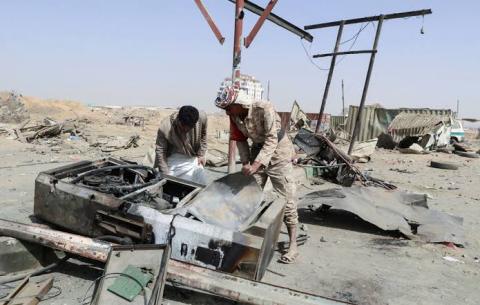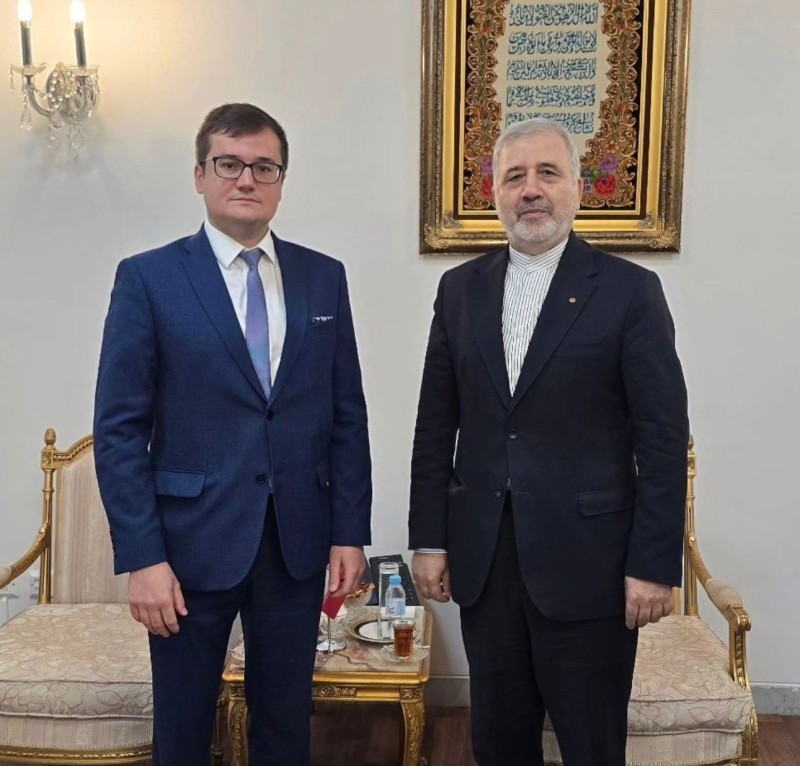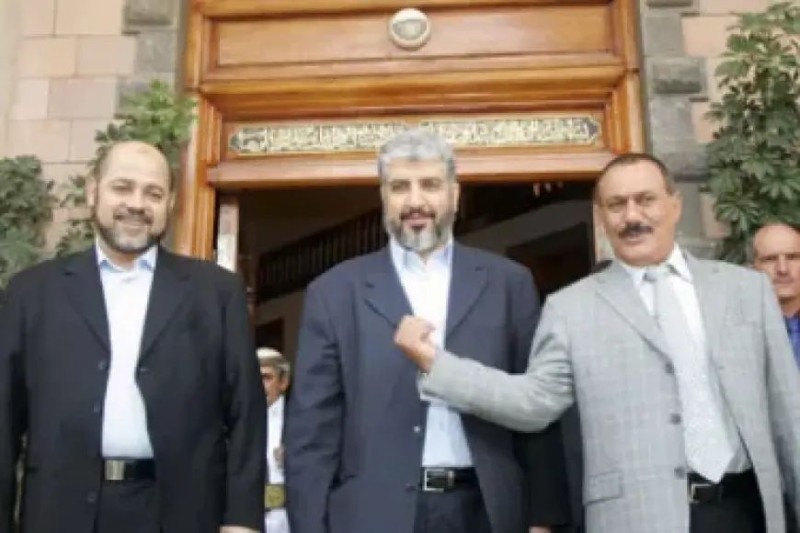Yemen's racehorses battle starvation as war grinds on


In her prime, Out Time was one of Yemen's fastest horses, winning the capital Sanaa's annual championship race in 2018 and placing second in 2019.
Now, with animal feed increasingly scarce after seven years of war, the grey mare's coat is dull and her rib-cage protrudes, and her 16-year-old jockey has stopped racing her because she is too weak to compete.
"I consider her my friend. I cannot see her starving like this," Hussain al-Qummali said at the equestrian club in the city that his father Mohamad runs.
In the paddock, Out Time, born in 2014 as the war began, took what nourishment she could from a few small bundles of grass shared with dozens of other horses, many thinner than her, before being taken for a gentle gallop around a dusty, makeshift track.
Of 97 horses maintained last year by the club - one of several in the capital city of a country with a millennia-long tradition of breeding and racing horses - only around 50 remain.
"Large group of horses died due to starvation and health deterioration, and we had to sell some of them in order to feed the others," Mohamad al-Qummali told Reuters.
Yemen's war, which pits a Saudi-led coalition against Iran-aligned Houthi forces, has descended into a brutal stalemate that has killed more than 100,000 people and also pushed what remains of its human population to the verge of starvation.
"We don't know what to do anymore. There is no income. We sold personal cars, weapons, everything to save these horses," Mohamad al-Qummali added.

Baghdad — The Iraqi government announced the dismissal of several officials following controversy over the inclusion of Lebanon’s Hezbo…

Riyadh – The Russian Embassy announced that Russian envoy Kudrov met with his Iranian counterpart in Saudi Arabia to discuss the latest devel…

Sana’a – A leaked phone call between former Yemeni President Ali Abdullah Saleh and Hamas leader abroad Khaled Meshaal has revealed sha…